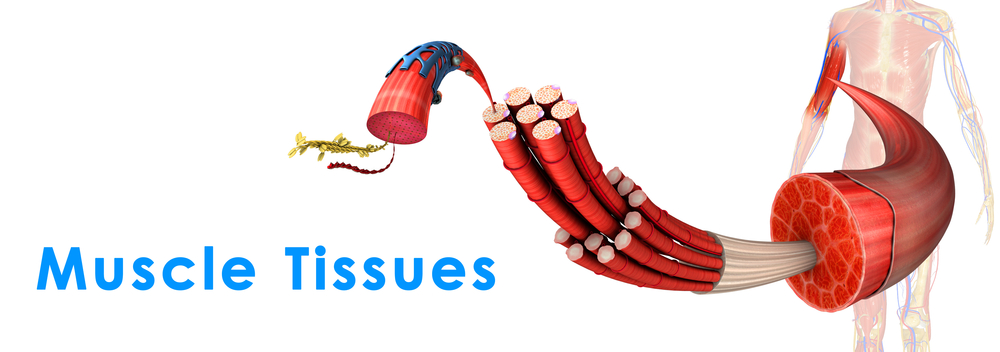tcDNA-antisense Oligonucleotides Offer Promising, New Therapeutics for Duchenne Muscular Dystrophy
Written by |

 A new study entitled “Functional correction in mouse models of muscular dystrophy using exon-skipping tricyclo-DNA oligomers” shows a new class of antisense oligonucleotides – tcDNA- antisense oligonucleotides – are highly efficient at rescuing dystrophin levels and improving symptoms in a mouse model of Duchenne muscular dystrophy. The study was published in the journal Nature Medicine.
A new study entitled “Functional correction in mouse models of muscular dystrophy using exon-skipping tricyclo-DNA oligomers” shows a new class of antisense oligonucleotides – tcDNA- antisense oligonucleotides – are highly efficient at rescuing dystrophin levels and improving symptoms in a mouse model of Duchenne muscular dystrophy. The study was published in the journal Nature Medicine.
Duchenne muscular dystrophy (DMD) is a condition caused by a mutation of the Dystrophin gene, located in the X chromosome. Dystrophin protein is an essential component of muscle tissue and in its absence muscles degenerate, namely those in the legs and pelvis, while it progresses to other muscles, including the cardiac muscle. DMD patients experience progressive muscle wasting, cardiomyopathy, respiratory failure and neurocognitive impairment. Currently, one of the most pursued methods for treating DMD consists in using a genetic approach to correct the genetic defect and restore the expression of a fully functional dystrophin protein. This is achieved with antisense oligonucleotides that target specific eons in the dystrophin transcript to remove exon-harboring mutations, leading to the expression of a truncated but functional dystrophin protein. However, while antisense oligonucleotides are already being tested in clinical trials, its systemic use is still limited and some studies show no substantial clinical benefit, most likely due to the method not being capable of restoring at high levels the expression of dystrophin and their incapacity of reaching the cardiac muscle.
[adrotate group=”3″]
In this study, a team of researchers at The Department for Chemistry and Biochemistry of the University of Bern, financed by the Swiss National Foundation (SNF) and the Association Monégasque contre les Myopathies (AMM) developed a new class of antisense oligonucleotides – with tricyclo-DNA – and tested their efficiency in two mouse models of Duchenne muscular dystrophy (DMD). The team found that tcDNA-antisense oligonucleotides intravenous injection trigger a systemic rescue of dystrophin expression, visible in all affected tissues, including skeletal muscles, heart and central nervous system. Notably, the authors observed that in a mouse model of Duchenne muscular dystrophy, tcDNA-antisense oligonucleotides improved mice cardio-respiratory functions and behavioral features, such as mice mobility, food-seeking behavior and turgor of the tail.
Altogether, the authors highlight that their findings suggest tcDNA-antisense oligonucleotides therapies can be a potential strategy for patients with Duchenne muscular dystrophy and other disorders eligible for exon-skipping strategies.





